The 25 best Dreamcast games of all time
From Sonic Adventure to Soulcalibur, here are the best Sega Dreamcast games ever made
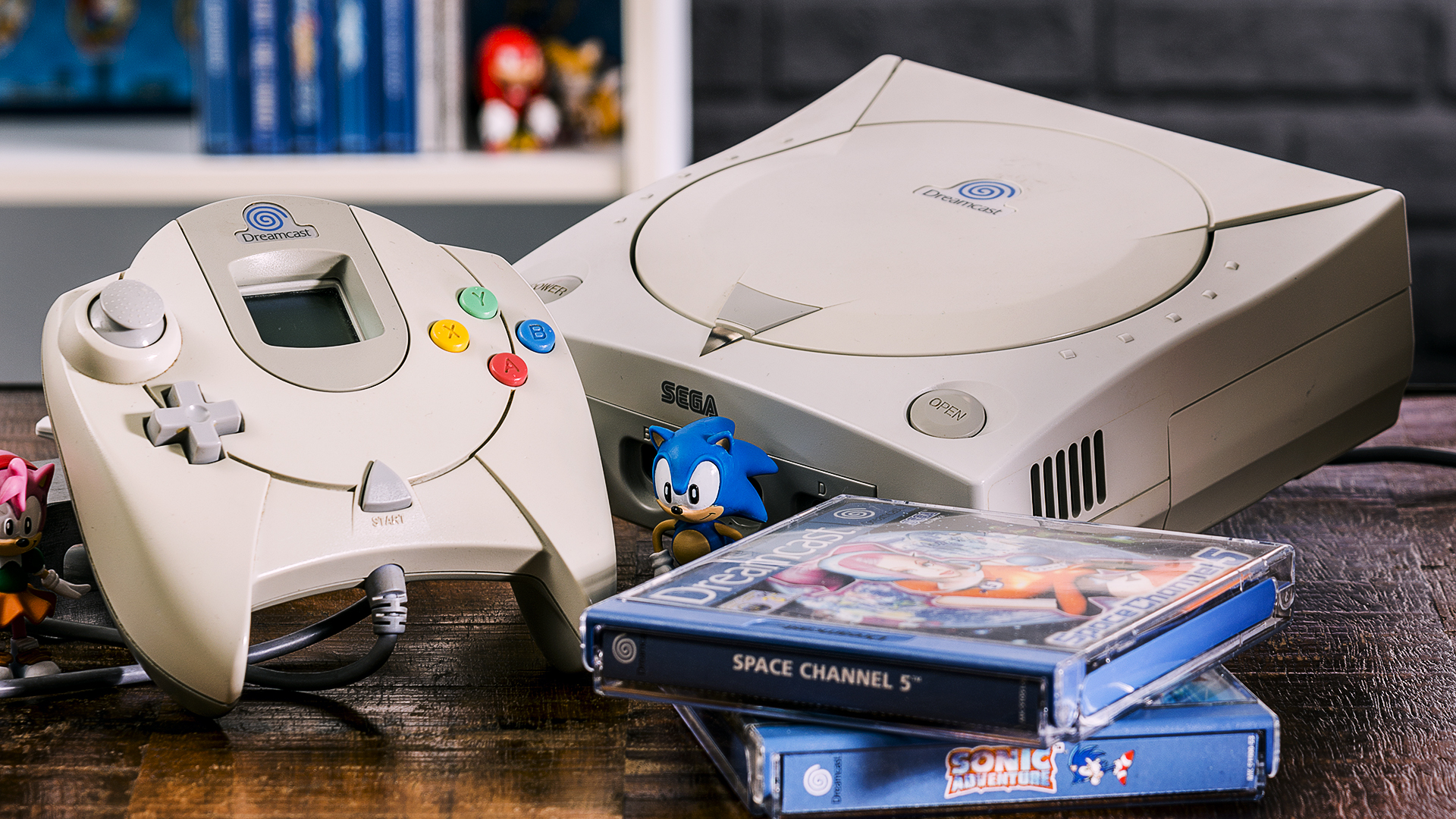
The best Dreamcast games are as fantastic as they are diverse. While the Sega Dreamcast didn't have the longest shelf life, it did leave one hell of an impression. That's because of the work Sega put into ensuring this revolutionary console was packed with incredible releases.
Be it legendary arcade ports of games like Crazy Taxi and Virtua Tennis, some of the best single-player games like Shenmue and Resident Evil – Code: Veronica, or experimental experiences such as Seaman, there's ton to explore here. So, if you can get your hands on a console now and prefer retro over the new games of today, this list of the best Sega Dreamcast games is a good guide to help you get started with a collection.
Of course, some of the best Sega Dreamcast games aren't cheap these days. That might be because of how quickly the system faded from view – released in 1998, the Dreamcast was ultimately discontinued just two years later. So while the Dreamcast is often remembered as the console killed by the PlayStation 2, we prefer to remember it for what it was: a machine that was ahead of its time, something you'll see reflected in our pick of the best 25 Dreamcast games.
For more definitive rankings of SEGA games throughout the years:
| Best Sega Master System Games | Best Sega Genesis Games | Best Sega Game Gear Games | Best Sega Saturn Games |
25. Headhunter
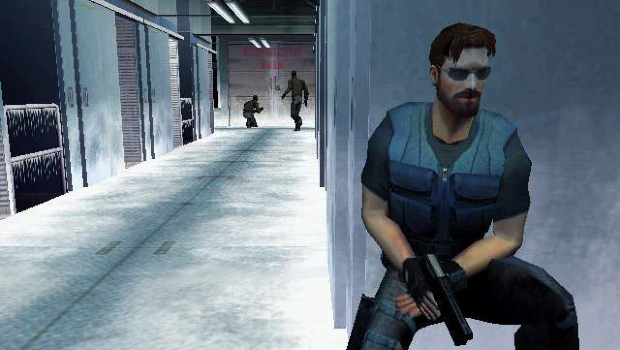
Developer: Amuze
Released: 2001
There aren’t many options for stealth action on the Dreamcast, but Headhunter scratches that itch nicely. You play as Jack Wade, a top-class bounty hunter who wakes up in hospital with an unfortunate case of amnesia.
Sign up to the GamesRadar+ Newsletter
Weekly digests, tales from the communities you love, and more
Learning that his former boss in the Anti-Crime Network has been killed, he sets out to solve both mysteries. The game does a great job of showing what the Dreamcast was capable of visually, and the award-winning soundtrack by Richard Jacques is just as impressive. Best of all, the plot has plenty of twists and turns that’ll keep you hooked to the very end.
24. Seaman
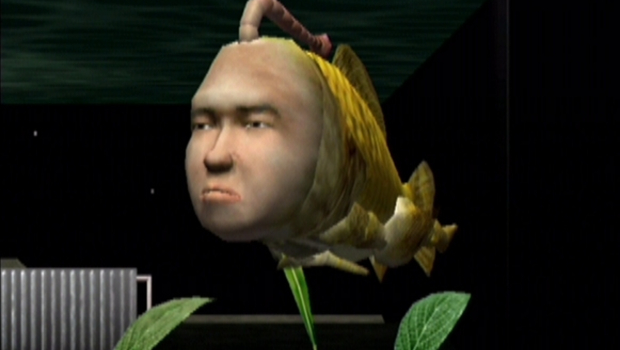
Developer: Vivarium
Released: 1999
The Dreamcast is renowned for hosting some bizarre and innovative games, and this virtual pet game designed by Yoot Saito is one of the strangest. Seaman requires you to raise a fish with a human face, by ensuring that its tank is kept clean and appropriately warm, and interacting with it – which includes using the Dreamcast microphone to talk to it.
Of course, the Seaman isn’t particularly pleasant to look at, and it can be rather condescending and outright insulting to converse with, but that’s all part of the game’s very weird charm. Oh, and Leonard Nimoy’s the narrator, too.
23. Sega Bass Fishing
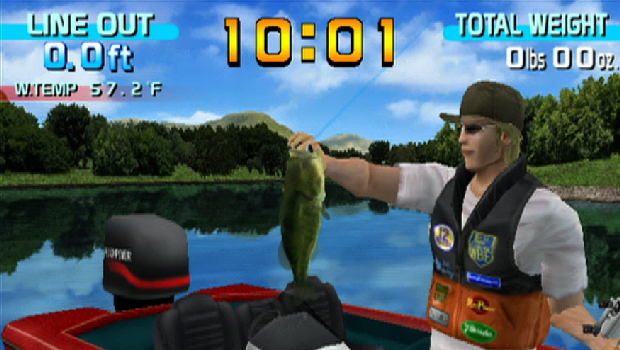
Developer: Sega
Released: 1999
Sega’s arcade teams seemed to be capable of making just about anything fun in the Dreamcast years, and Sega Bass Fishing – originally known as Get Bass in the arcades – is ample proof of that. Far from the rather placid atmosphere of past fishing games, this game is all action.
You feel the pressure of being constantly against the clock, with your fisherman anxiously exhorting the fish to “bite it!” and rock music kicking in when it does, providing the perfect soundtrack as you fight to reel it in. It’s great however you play, but the fishing rod controller – yes, really – makes it unmissable.
Read our Sega Bass Fishing review for more details!
22. Space Channel 5
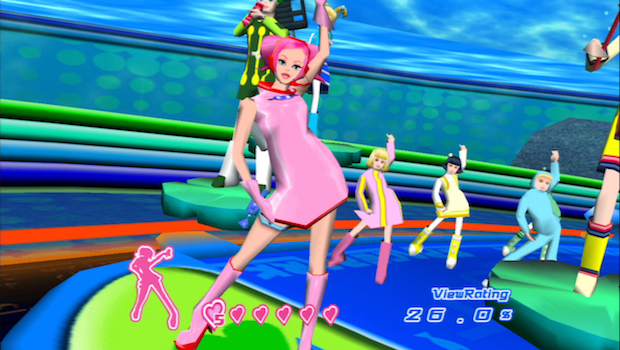
Developer: United Game Artists
Released: 1999
The Morolians have invaded, and they’re forcing humans to dance! As intergalactic news reporter Ulala, it’s your job to match the Morolians move for move before zapping them and liberating their captives.
Space Channel 5 has a real '60s vibes to it, from the music to the retro-futurism of the various locations you’ll visit, and some memorable characters like Jaguar and Pudding. Plus, it’s always amazing to see a huge group of rescued people dancing along behind Ulala. It’s definitely a short but sweet game and one that’s unlikely to see any future ports because of the FMV-based backgrounds.
For more sci-fi fun, check out our list of the best space games.
21. Quake 3 Arena
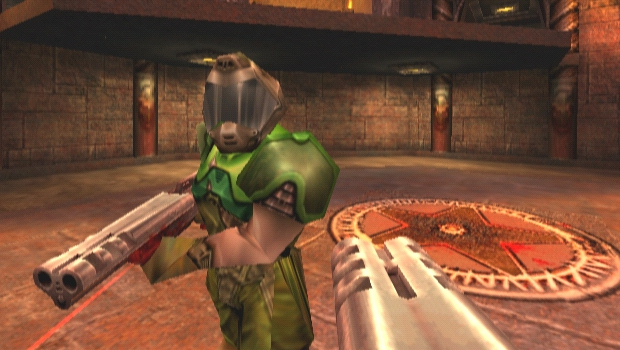
Developer: id Software
Released: 2000
Sega chose to market Dreamcast’s online gaming capability heavily, and at the time, there was no FPS that could surpass Quake 3 in that regard. The third game in the series stripped back the single-player component to a series of games against bots, concentrating on the frantic multiplayer matches the series had become known for.
The Dreamcast successfully delivered that experience to console players, with the online play surpassing what could be done with split-screen at the time. It was even possible to play against PC players with the Dreamcast map pack installed. The game is back online today, too, thanks to dedicated fans.
Read our Quake Arena Arcade review for more information.
20. ChuChu Rocket!
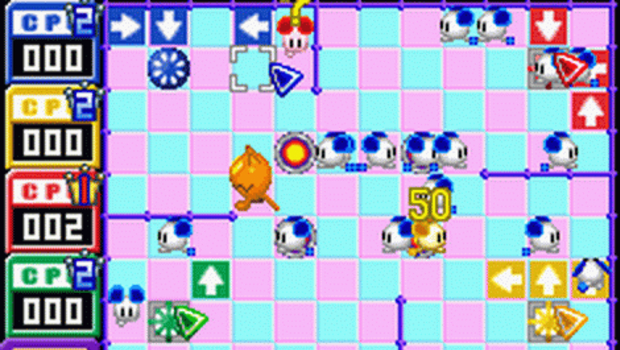
Developer: Sonic Team
Released: 1999
Sonic Team’s puzzle game looks simple, and it sounds so simple, too – get the mice into the rockets while avoiding all the hungry cats. Of course, it could never be that easy, and dozens of fiendish stages make this tricky in the single-player puzzle mode.
However, the game was designed to show off the Dreamcast’s online multiplayer capabilities. It becomes frantic when four players are battling it out to get the most mice – expect sabotage as your mice are redirected and cats are pointed at your rockets. While fans have stepped in to provide servers, you can also play with four players locally.
19. NFL 2K2
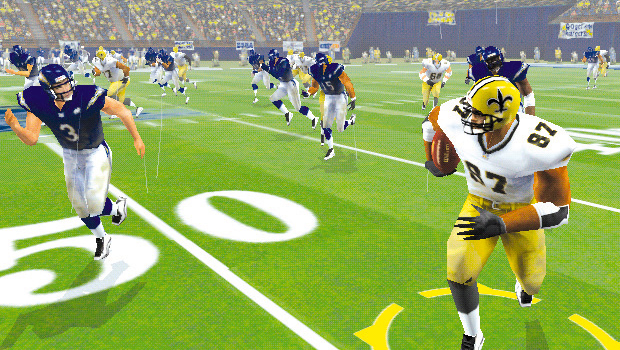
Developer: Visual Concepts
Released: 2001
While EA never brought its Madden games to the Dreamcast, Visual Concepts turned in superb efforts that meant that they were never really missed. NFL 2K2 was the final game in the series to be released on the Dreamcast and offered all of the options you could want off the field, with an improved running game finally matching the series’ signature Maximum Passing mechanic.
The previous games always looked the part in action, and 2K2 was no different, and it boasted some insightful commentary, too. Best of all, the game offered online play, which has now been revived by Dreamcast enthusiasts.
For more top picks, check out our list of the best spots games.
18. Samba de Amigo
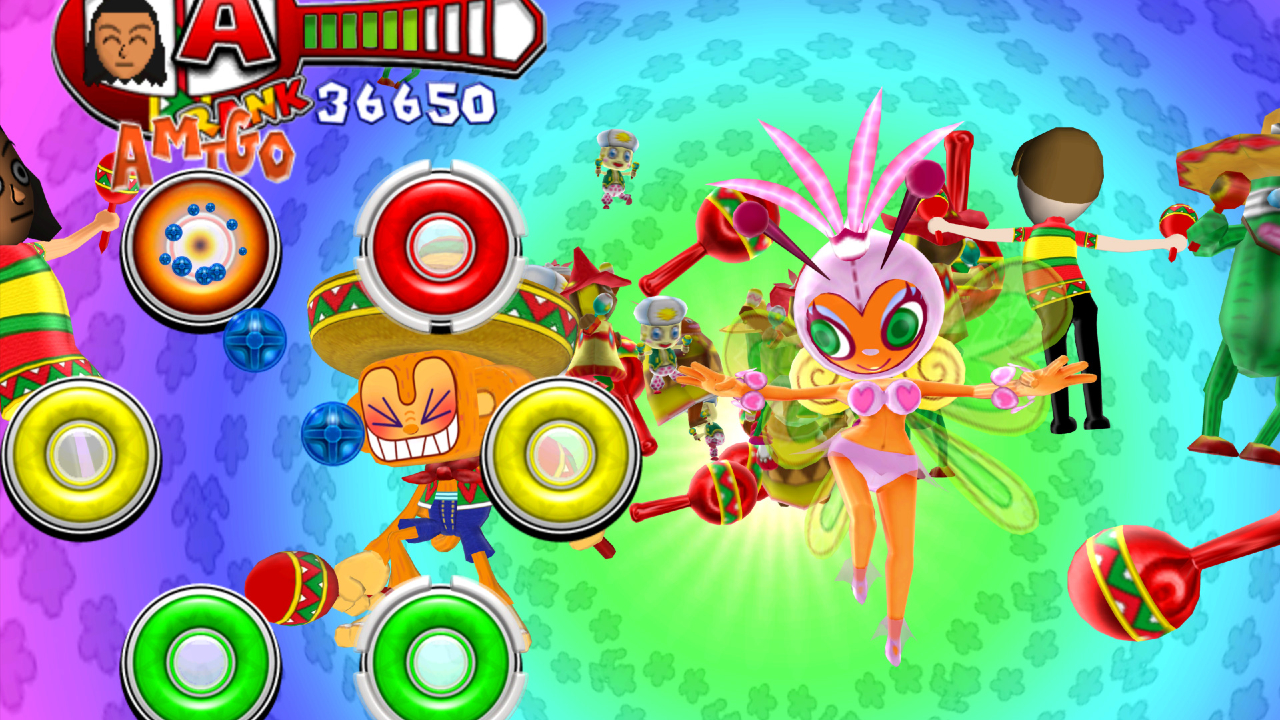
Developer: Sonic Team
Released: 1999
Long before the likes of Guitar Hero and Rock Band flooded houses with plastic instruments, Sonic Team was bringing music game action to Dreamcast owners with some rather pricey maracas. Like those later games, Samba de Amigo is still perfect for a party – the colorful on-screen action perfectly compliments the Latin sounds, and there’s a good amount of music to choose from.
In fact, if you pick up the Ver. 2000 version from Japan, there are plenty of extra songs too. Just be prepared to spend some money if you want it, as it doesn’t come cheap these days.
Read our Samba De Amigo Wii review, to know more about the history of this gem.
17. Dead or Alive 2
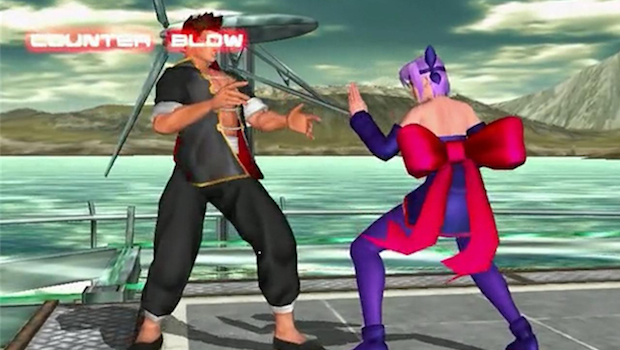
Developer: Tema Ninja
Released: 2000
If you want extreme action in your fighting games, Tecmo has you covered. Combatants get smashed through windows, flung into exploding walls, and knocked off high ledges, and then get back up for more. Just when it looks like victory is assured, the fighter on the back foot catches a punch and turns it into a devastating throw.
Watching a good round of Dead Or Alive 2 is like watching a crazy choreographed fight in a movie – but the real genius is that it’s very accessible, with few complex systems and counter moves that can be performed with the d-pad and one button.
16. Sonic Adventure
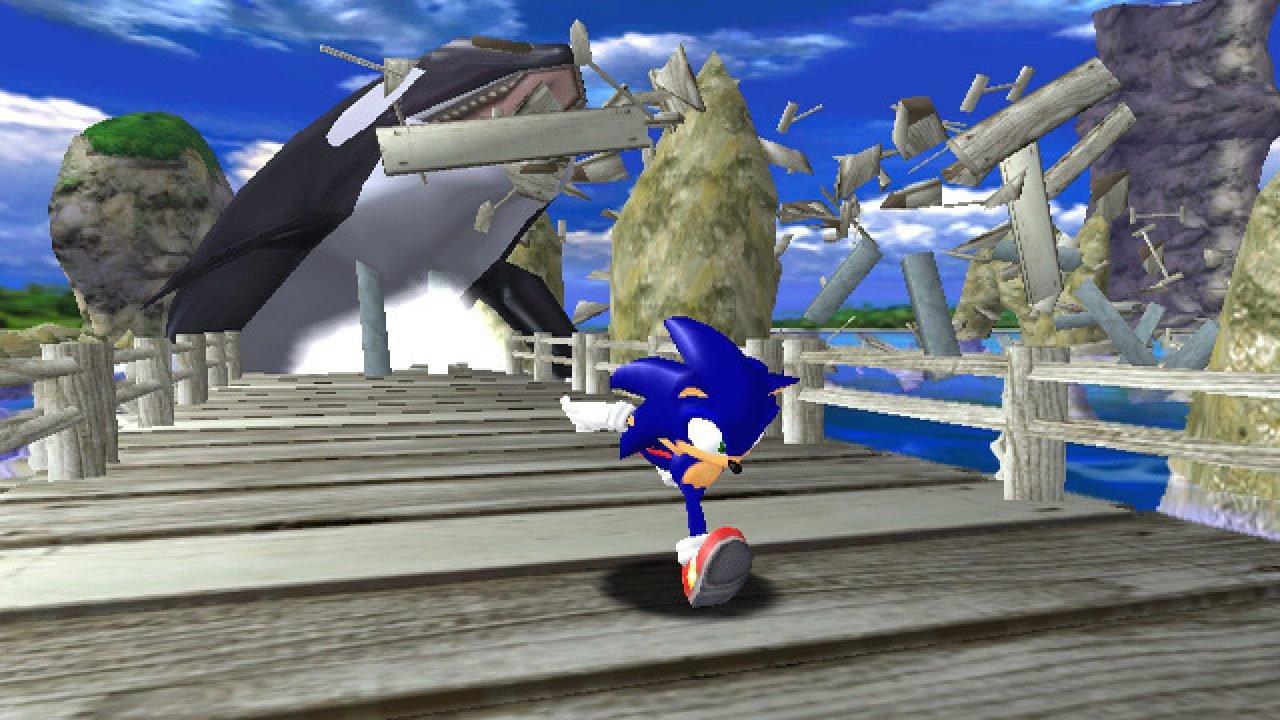
Developer: Sonic Team
Released: 1998
Sonic Team was on a mission to show what exactly the Dreamcast could do, and the result was a highly ambitious game with ideas to spare. Each of the game’s six characters experiences the stages in a different way, from Sonic’s standard platforming to Knuckles’ treasure hunting, E-102’s shooting, and, of course, fishing with Big.
The blue blur’s first true 3D adventure undoubtedly has some technical rough edges, but if you can look beyond those, you’ll be rewarded with stages that are far more elaborate and imaginative than in many later Sonic games.
Gotta go fast? Here's our ranking of the best Sonic games.
15. Power Stone 2
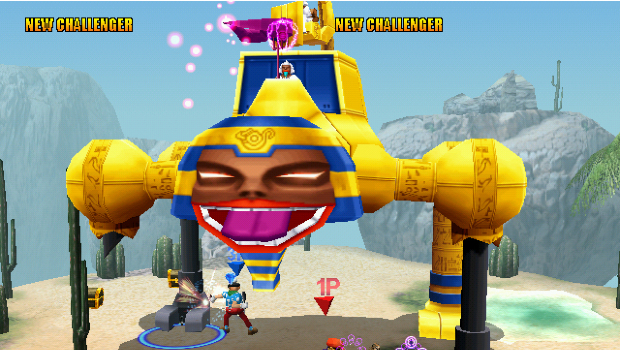
Developer: Capcom
Released: 2000
What could be better than the chaotic brawls of Power Stone? Clearly, the chaotic four-player brawls of Power Stone 2. The second game features all the same chair-chucking, sword-slashing action of the original, but adds a couple of extra fighters per stage to the mix in order to really ramp up the carnage.
That would already make it an all-time classic multiplayer game, but Capcom went a step further by creating some crazy stages that incorporate platforming, chases, and even skydiving. If you’re looking for a party fighter and want an alternative to the Super Smash Bros series, this should be a top choice.
14. The House Of The Dead 2
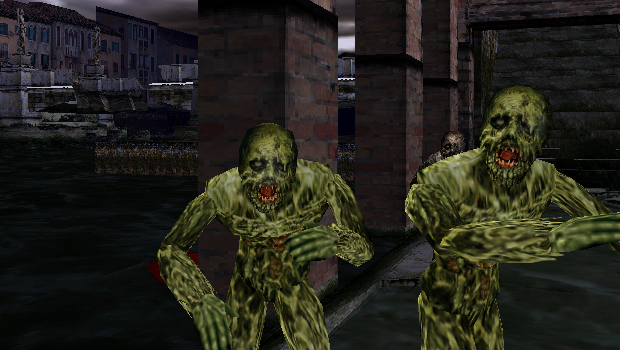
Developer: Sega
Released: 1999
With the Dreamcast serving as the gateway for Sega’s arcade games to enter your home, a great gun game was a necessity, and this zombie-infested sequel was just the ticket. It’s still one of the finest examples of the genre, thanks to the relentless pace of the undead assault.
Where the original game had suffered from a somewhat underwhelming Saturn conversion, this was an arcade-perfect port. Every detail of decomposition was right there to be seen, and the unintentionally hilarious dialogue was reproduced beautifully. Just be aware that the American version of the game doesn’t support official Sega guns.
Read our The House of the Dead 2 & 3 Return review for more insights.
13. Resident Evil – Code: Veronica
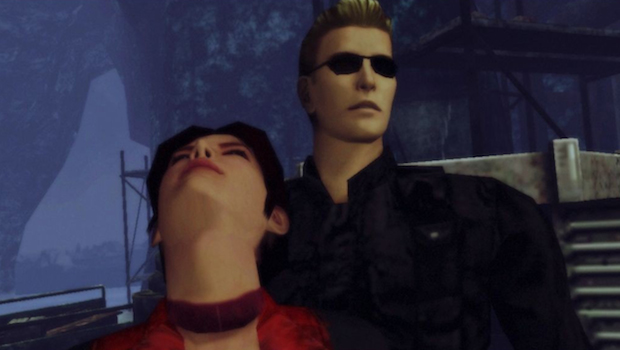
Developer: Capcom
Released: 2000
Claire Redfield has been taken prisoner in the Umbrella Corporation facility on Rockfort Island, and you know what that means – another zombie outbreak. While the classic formula of puzzle-solving, limited ammunition, and tank controls is still firmly in place, the game has mutated with the power of a new console generation, with full 3D environments replacing the pre-rendered backdrops of old.
It’s also an important game in the story, which sees the return of both Claire’s brother Chris and the series arch-villain Albert Wesker from the original game, and serves as the true follow-up to Resident Evil 2.
Check out our Resident Evil Code: Veronica X HD review.
12. Metropolis Street Racer
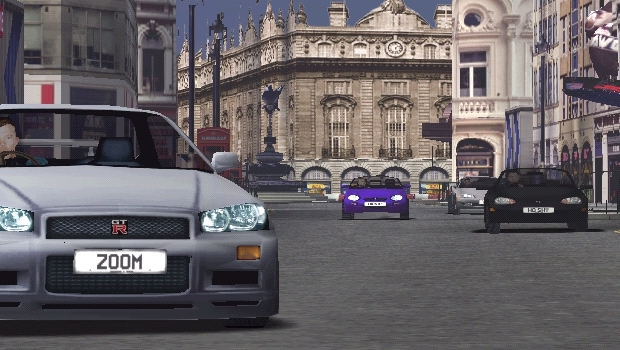
Developer: Bizarre Creations
Released: 2000
Bizarre Creations had a bold goal for Metropolis Street Racer – the developer wanted to create the most authentic street racing experience ever, by digitally recreating parts of London, San Francisco and Tokyo from thousands of photographs. It achieved that, creating a great-looking game in the process, but the bigger deal was its approach to driving.
Driving well matters as much as driving fast – winning is important, but you lose Kudos for crashes and gain them for stylish drifting, meaning that “rival-assisted steering” is very much discouraged. Many of the concepts that made the Project Gotham Racing series so special started right here.
11. Street Fighter 3: 3rd Strike
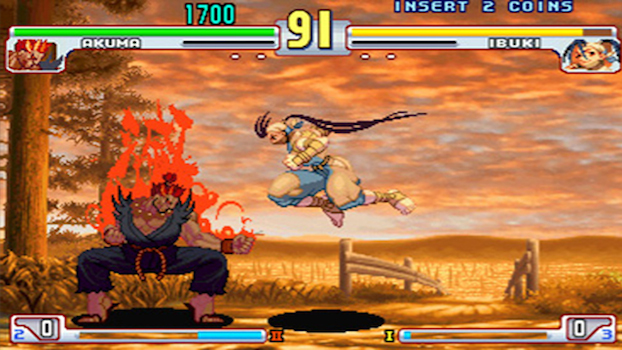
Developer: Capcom
Released: 1999
It’s easy to forget these days, but this game wasn’t always super popular – players were put off by its lack of familiar faces, and 2D was decidedly unfashionable at the time it was released. But Street Fighter 3: Third Strike has been reappraised over the years, no doubt in part due to the unforgettable “Evo Moment #37” video of Daigo Umehara’s stunning comeback against Justin Wong.
With time, we’ve grown to appreciate the exquisite animation that every character possesses and the mechanics like parries, and EX moves that help it stand out from its peers. That belated recognition is thoroughly deserved.
Read our Street Fighter 3: 3rd Strike Online review if you want to check out this title for yourself.
10. Skies Of Arcadia
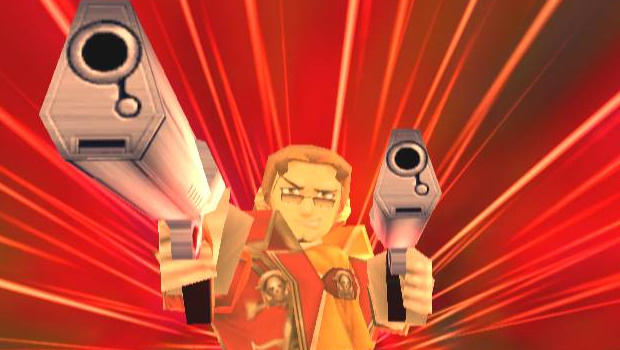
Developer: Overworks
Released: 2000
If you want a traditional Japanese RPG for your Dreamcast, this is the game for you. You follow the Blue Rogues, a band of air pirates led by Vyse, as they fight to prevent the Valuan Empire from taking over the world by reawakening the Silver Gigas, a powerful living weapon.
The plot is well told, particularly due to a strong localization job, and there’s plenty to explore, so you’ll be occupied for a long time. Plus, you get to take part in the airship-to-airship combat, as well as fighting regular monsters – how cool is that?
9. Ikaruga
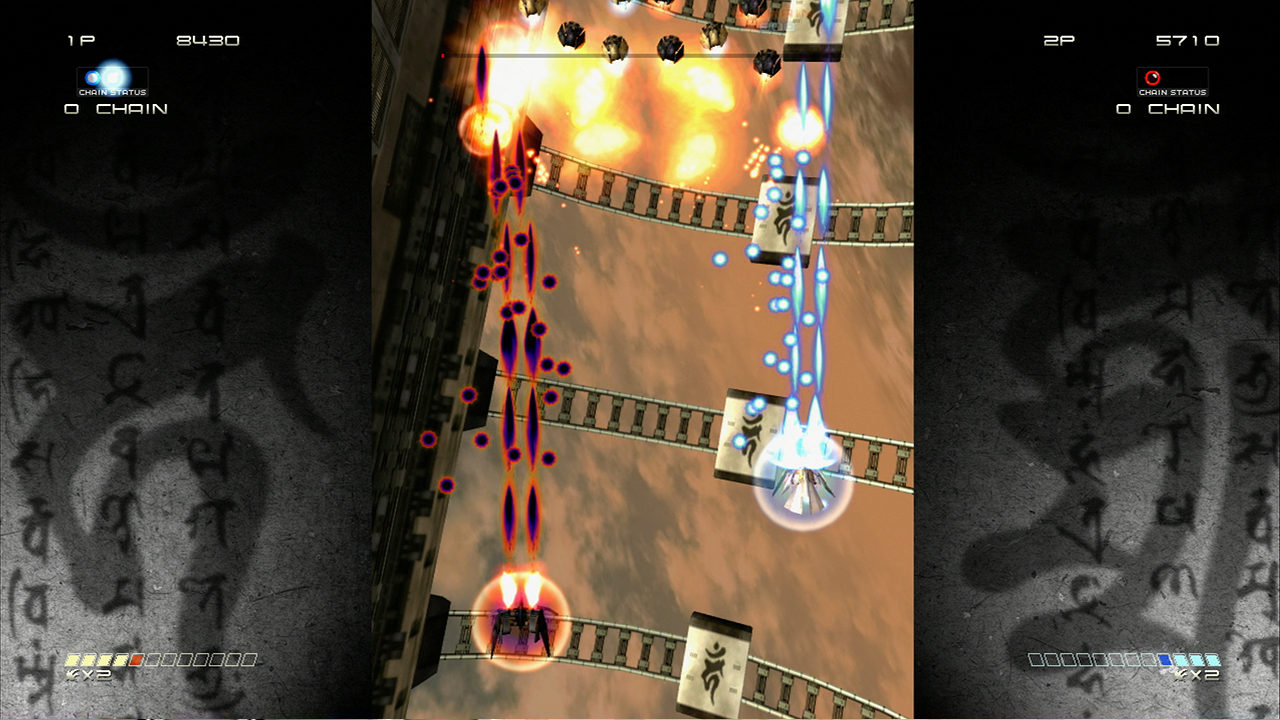
Developer: Treasure
Released: 2001
For years after the Dreamcast was discontinued, Japanese developers continued to use the system to release ports of their arcade shoot-’em-ups, and Ikaruga was the greatest of the bunch. Ikaruga was as much a puzzle game as it was a standard blaster, as it required you to flip between black and white polarity to dish out major damage to opposite-colored enemies and absorb attacks from the others.
Few Dreamcast games can match Ikaruga visually, and the stirring soundtrack gives the game a truly epic feel. Ikaruga was hailed as an essential import at the time, and it’s just as enthralling two decades on.
Read our Ikaruga - Xbox Live Arcade review next.
8. Rez
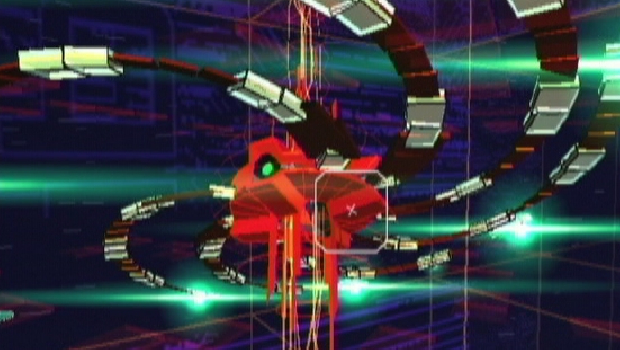
Developer: United Game Artists
Released: 2001
It’s fair to say that 20 years on, Rez still has an eye-catching look. Constructed to evoke images of ancient civilizations and pulsating to the beat of the music, the game’s wireframe worlds have a timeless quality to them, which is probably why they still look great in the game’s various HD updates.
But there’s plenty of substance here to back up the style, as Rez is an accomplished rail shooter that features not only memorable stages, but amazing boss battles – go and check out Area 4’s “running man” boss right now, if you don’t know what we mean.
Jump ahead and read our Rez Infinite review for more on this series.
7. Jet Set Radio
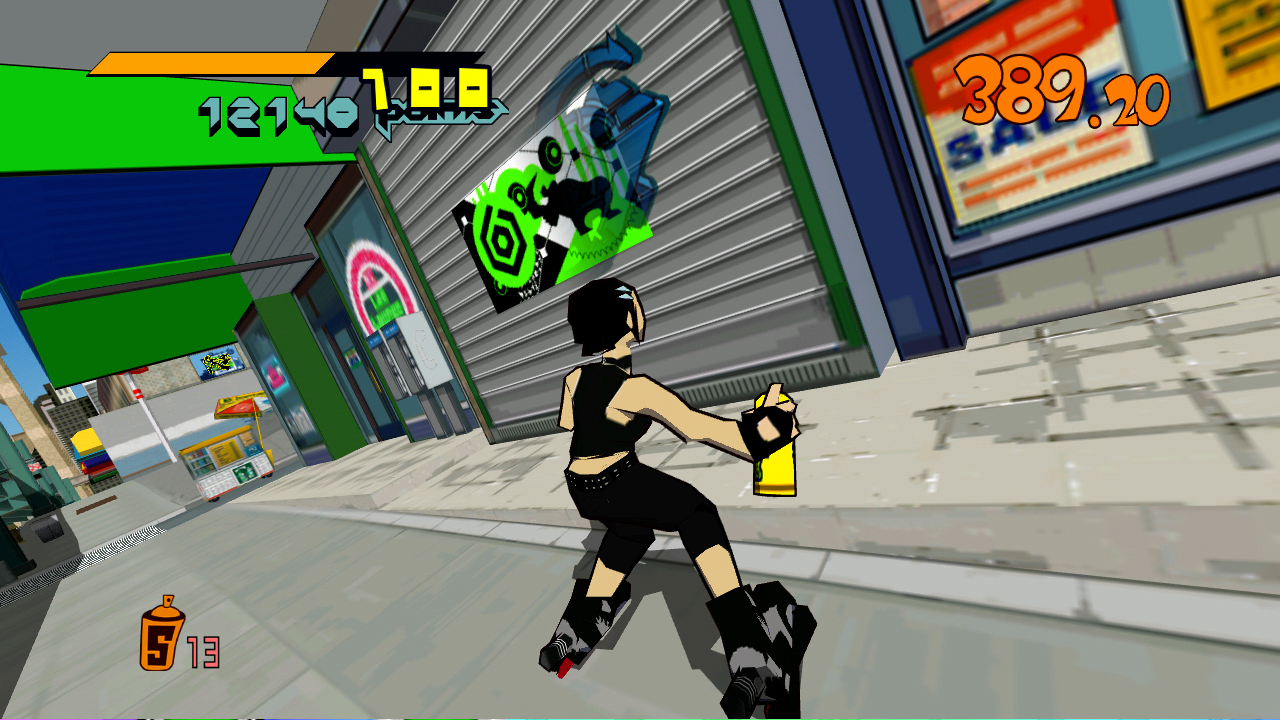
Developer: Smilebit
Released: 2000
The idea of skate punks battling it out in a graffiti turf war is appealing on its own, but Jet Set Radio goes takes it and adds an unparalleled sense of style. The GGs, Jet Set Radio’s DJ Professor K, and the antagonistic police led by Captain Onishima are all represented in the cel-shaded style that the game would popularise, and everything is set to a funky soundtrack anchored by Hideki Naganuma.
Even if you’re familiar with Jet Set Radio Future, this is a very different experience, emphasizing arcade action with constant police persecution, time limits, and trickier graffiti mechanics.
Check out our Jet Set Radio HD review.
6. Phantasy Star Online
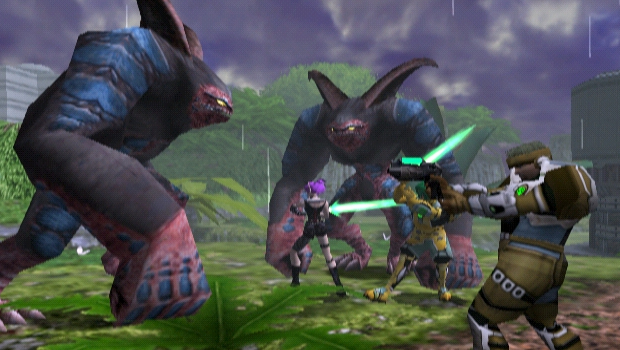
Developer: Sonic Team
Released: 2001
Sonic Team’s online RPG was by far the most enjoyable way to rack up enormous call charges back in the days of dial-up internet. While the single-player offering was rather barren, gathering up a party of four to take on the wild creatures of Ragol was an absolutely unforgettable experience, whether you were adventuring with friends or making new ones in the lobbies of Pioneer II.
We’ll never forget trying to take down Dark Falz, or hunting for those impossibly elusive drops. Thanks to the efforts of enterprising fans, it’s still possible to play the Dreamcast versions of Phantasy Star Online today.
5. Virtua Tennis
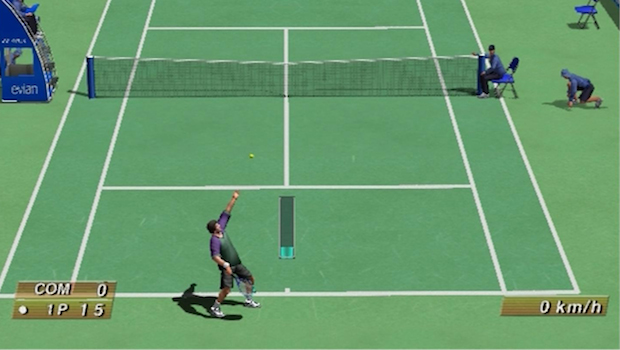
Developer: Sega
Released: 2000
The original Virtua Tennis is a wonderfully accessible slice of summer sporting fun, and its sequel – Tennis 2K2, if you’re in North America – takes everything the original did and improves it. Besides superior presentation, the controls have been revamped to make slice shots easier to perform, and the World Tour mode has been beefed up with additional training mini-games and a character creation mode.
There are more real players too, with women like Venus and Serena Williams joining the roster for the first time, opening up the possibility of mixed doubles matches. It’s still one of Dreamcast's top sports games ever.
4. Marvel vs Capcom 2: New Age of Heroes
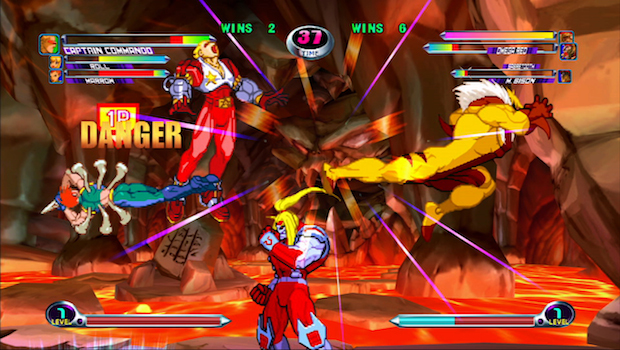
Developer: Capcom
Released: 2000
Capcom’s crossover fighting games had always been hyperactive affairs, full of big combos, aerial battles, and screen-filling super moves, but Marvel vs Capcom 2 took all that to another level. Players have an enormous roster of 56 characters to choose from, covering Street Fighter and Darkstalkers favorites to the likes of Mega Man and Jill Valentine, as well as the X-Men, the Avengers, and more.
The pace and intensity of the game’s three-on-three tag team battles are fun for any fighting game fan, but it’s a legendary tournament game too, having been a staple of high-level competition for a whole decade.
Read our Marvel vs Capcom 2 review for more details!
3. Crazy Taxi
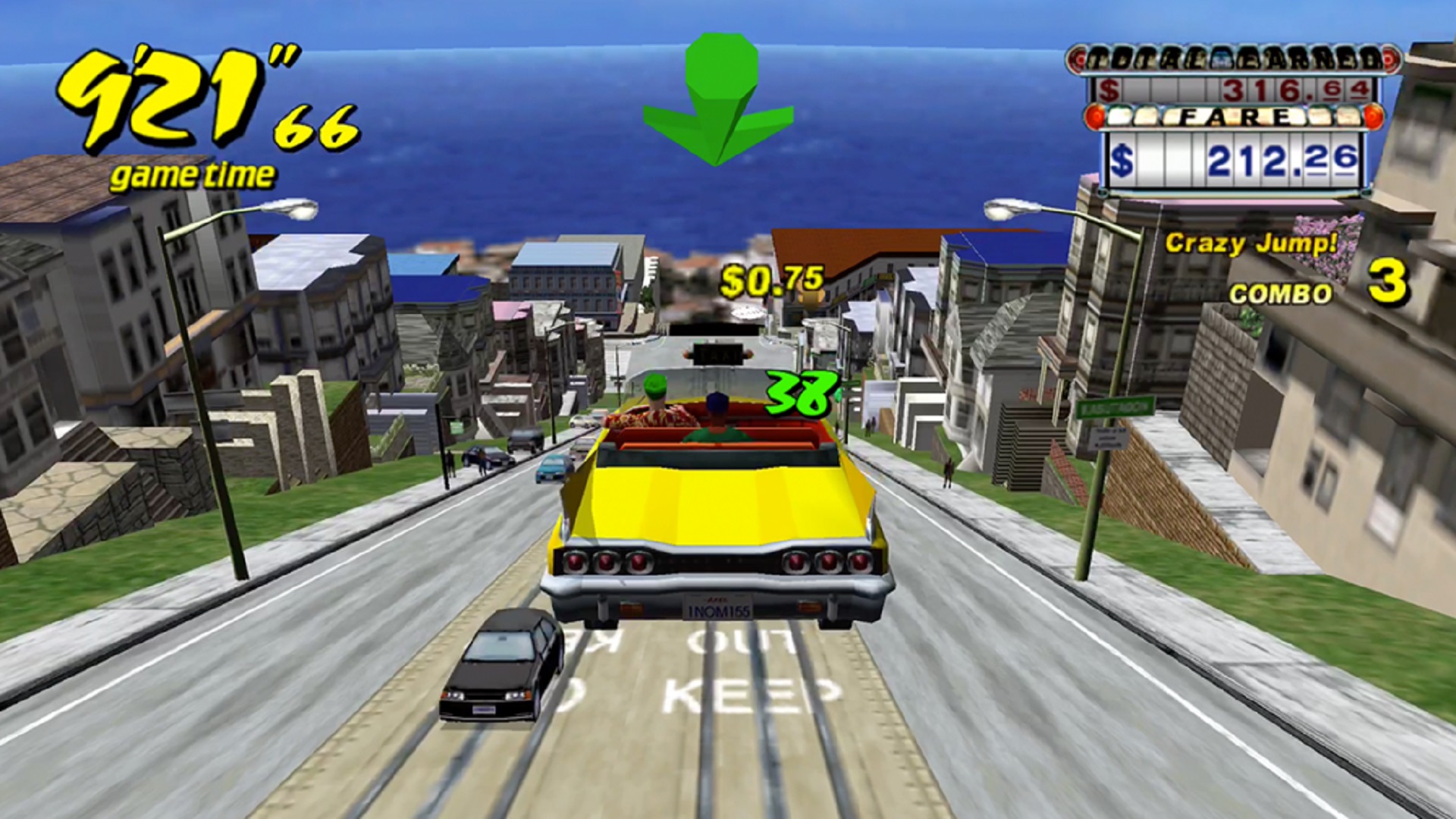
Developer: Hitmaker
Released: 2000
Crazy Taxi represents Sega at the peak of its arcade powers – filled with bold colors, loud sounds, and copious amounts of carnage that enliven a concept that’s impossible to misunderstand. But there are hidden depths to how the vehicles handle, which will need to be mastered if you want really high scores.
It’s a game you play for a good time, not a long time, but the home console exclusive second city and the Crazy Box challenges add to the experience.
2. Shenmue
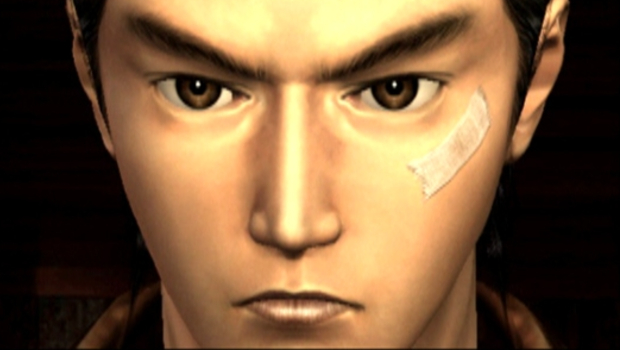
Developer: Sega
Released: 1999
Yu Suzuki had made his name as the creator of fast, exciting arcade games, so it was quite a departure for him to tackle an epic RPG. Shenmue’s scale and ambition were like nothing else, with a town that felt alive – the weather changed, people had their daily routines, and there were all manner of distractions from an orphaned kitten to capsule toys.
But what really stands out about the game is how it stripped away RPG conventions – numbers and levels, random battles, and menu-driven combat – to ensure that you were fully immersed in the world AM2 had created.
For recommendations, read our list of the best RPGs of all time.
1. Soulcalibur
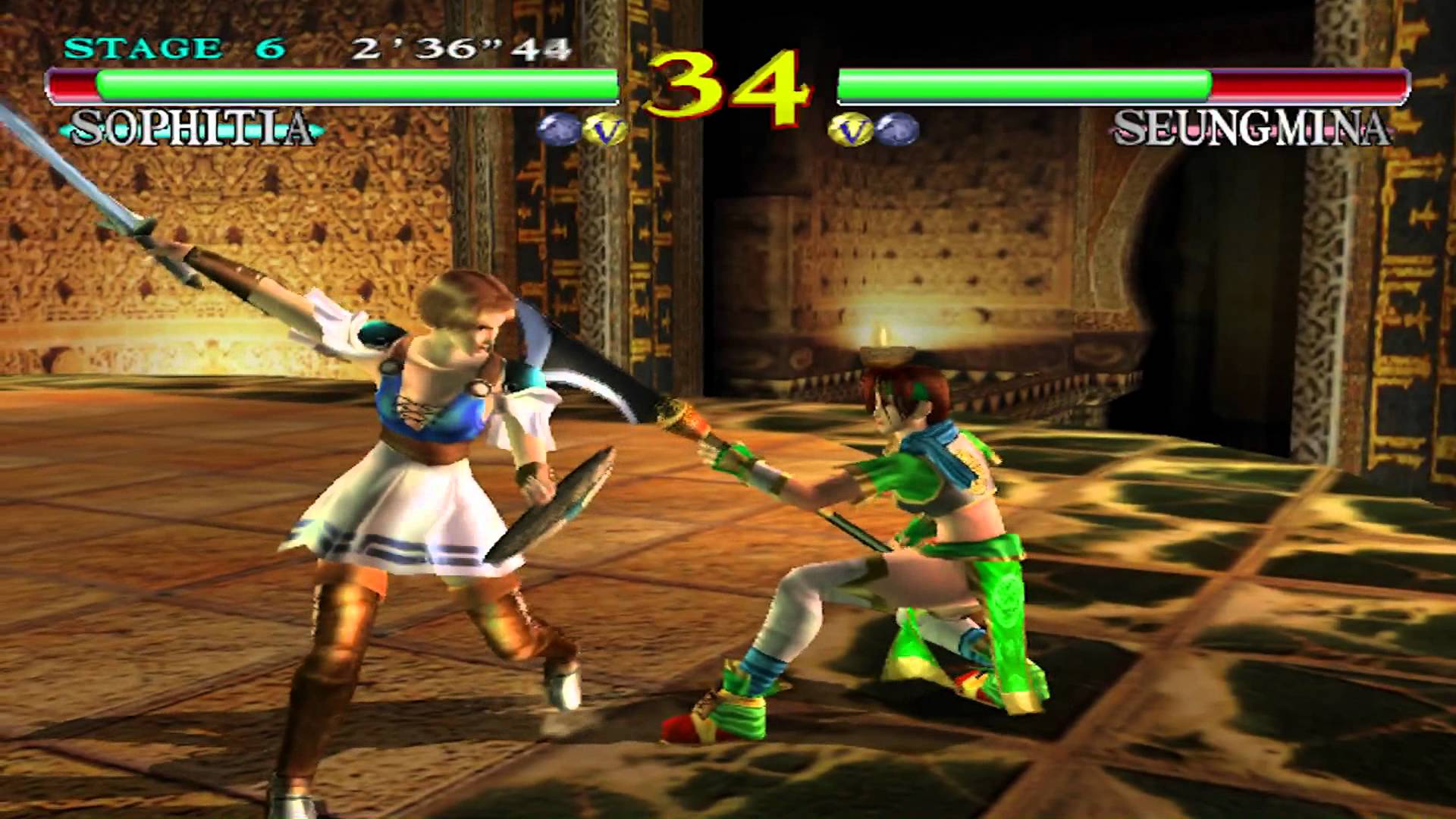
Developer: Project Soul
Released: 1999
Namco’s fighting game blew people away back in 1999, and rightly so. It actually looked considerably better than the original arcade game and was arguably the most visually impressive game ever at that point in time.
But it wasn’t just a pretty face – the game built on the excellent weapon-based combat of Soul Blade, with more varied fighting arenas and the new eight-way run movement. It’s still great today, whether you’re playing with friends or alone, as the Mission Battle mode gives you plenty of specific conditions that make fights trickier and develop your skill as a player.
If you're passionate about retro gaming or just want to learn more about it, then you should check out Retro Gamer. Retro Gamer is the world's longest-running magazine dedicated to classic games, and you can find out more about it at at Magazines Direct
Nick picked up gaming after being introduced to Donkey Kong and Centipede on his dad's Atari 2600, and never looked back. He joined the Retro Gamer team in 2013 and is currently the magazine's Features Editor, writing long reads about the creation of classic games and the technology that powered them. He's a tinkerer who enjoys repairing and upgrading old hardware, including his prized Neo Geo MVS, and has a taste for oddities including FMV games and bizarre PS2 budget games. A walking database of Sonic the Hedgehog trivia. He has also written for Edge, games™, Linux User & Developer, Metal Hammer and a variety of other publications.
- Josh WestEditor-in-Chief, GamesRadar+
- Emma-Jane BettsManaging Editor, Evergreens
- Retro Gamer Team



